If you are reading this, it won’t be far-fetched to say that this may be one of the first times you have heard the word AutoCAD.
It also means that you may be interested in design and what computer-aided design software offers. Whatever your reasons, I invite you to treat this article as an introduction to AutoCAD and its vast uses in the professional world of digital design.
What is AutoCAD?
In the 1980s, a team of engineers aimed to streamline the complex drawing methods utilized by draftsmen, architects, and engineers, which had been popular in the 1970s. They focused on refining these challenging CAD processes.
Their solution is to introduce built-in graphics controllers into microcomputers. This allowed designers to easily create diagrams, while the internal graphics controllers reproduced these drawings. This novel method resulted in a significant transformation in the design field over the subsequent years.
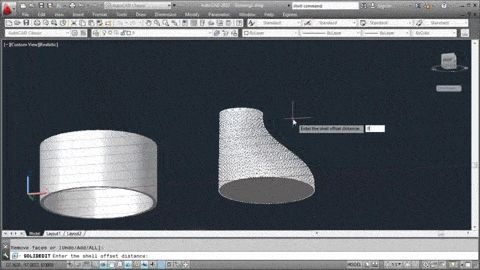
In simple words, AutoCAD is a commercial software application used to draft 2D and 3D models with a computer.
Although this description provides an all-encompassing explanation of what AutoCAD is used for, it does not break down its uses into the specialized units the software is known for. Therefore, I shall outline 5 practical ways in which the CAD software can be used.
What does AutoCAD stand for?
AutoCAD stands for Automatic Computer-Aided Design.
As an architectural planning tool

AutoCAD provides its users with an intuitive user interface that comes with built-in design layouts. These layouts include numerous templates specifically designed for architectural planning and building construction.
With adequate knowledge of AutoCAD, anyone can take on projects that involve designing architectural plans for construction purposes or building structures that can be replicated in real time.
Newer versions of AutoCAD also provide architects and builders with the analytical tools needed to analyze a building’s components and troubleshoot the stress and load levels of every support structure of a virtually designed building.
This means that with AutoCAD, you can create an architectural plan, design a building, and carry out specific analyses to determine its capacity and strengths before replicating it on a physical site.
As an Engineering Drafting Tool

The drawing of engineering components, infrastructure designs and analyzing HVAC systems plays a major role in most engineering –Civil, Mechanical, Systems and Electrical engineering— fields. And to do this while minimizing human errors, the use of a computer-aided design application is recommended.
AutoCAD is one of the recommended design software applications because it provides professionals in these niches with unique drafting tools that can be used to bring their engineering ideas to life with the accuracy they require. So in this stead, AutoCAD serves as software for designing mechanical components, analyzing electrical and piping systems and solving design issues that may arise.
As a Graphic Design Tool
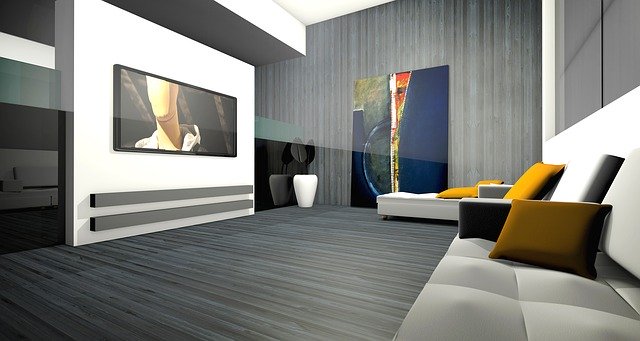
Although there are arguably more advanced graphic design tools in the computer-aided design community, AutoCAD’s innate features that enable its users to plan out architectural spaces, map them out and take advantage of the available space makes it a formidable design tool that can be used simultaneously with 3D Max, Maya, and other design/animation tools when the need arises.
AutoCAD supports the use of DWG and DXF files which can be exported from its interface to those of other advanced CAD applications to aid animation projects. This means that as an animator or graphic designer, you can take advantage of AutoCAD to create building structures and architectural plans which can now be exported for further design additions on advanced modeling applications.
In 3D Printing
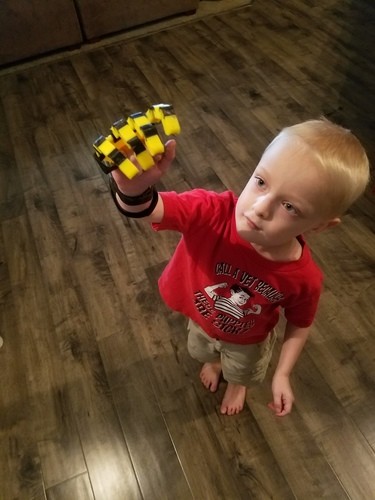
To create a 3D printed object, an individual must go through these three processes; choose the object, get a virtual 3D representation of the chosen object, and then feed the 3D printer this prototype to carry out the 3D printing process. It is clear to see—from the 3D printing process—that a model design tool or software definitely has a part to play and this is where AutoCAD comes in. With AutoCAD, 3D printing enthusiasts can create be-spoke 3D models on its workspace for use in the 3D printing process.
AutoCAD also ensures that file compatibility is not an issue for you can design your models on its interface and export your designs in the preferred ‘.stl’ format which most 3D printers and slicing software function with.
In the Fashion Industry
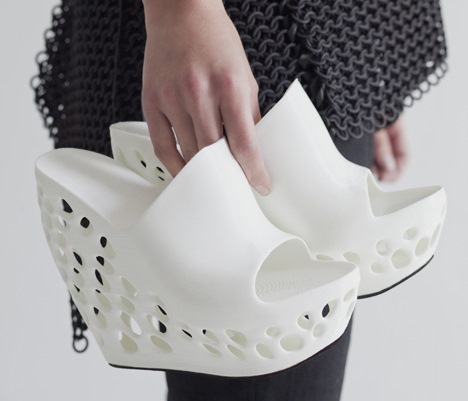
It is important to understand that the design pattern of every diamond, shining stone or jewelry you have had the pleasure of either wearing or viewing did not come by chance but from careful design considerations and plans. AutoCAD is design software that comes with the required tools needed to draft and design virtually anything of your choice, and the design of certain fashion items is no exception.
This CAD software and intuitive interface, un-complicates the complications that come with designing intricate shapes consisting of octagons, tetrahedrons and many more shapes you or I may have no knowledge of.
As an Industrial Design Tool

The goal of every manufacturing and industrial organization is to make enough money to cover the cost accrued in producing any product and AutoCAD helps reduce that cost in many ways. With the use of its CAD interface, industrialists can design working prototypes of virtually any object as well as test its functionality during the design process.
AutoCAD provides the tools to both design the initial prototype as well as tweak its ergonomics before the need to sink money into the actually production comes up.
Subsequently, designers can also use the virtual prototype for presentations when advertising or seeking for funds.
I have outlined what I believe are the most important uses of AutoCAD in today’s design society but your input on this topic will definitely be appreciated. So please feel free to share some of the creative ways in which you have used computer-aided design in your field of study in the comment box below.
To be more specific, here are few answers to this question from Reddit.
What do you use AutoCAD for?
To draw & print architectural floor plans.
Ship Design – Currently for producing general arrangements, which are like architect’s drawings of many aspects of a ship and its layout.
Civil 3D for environmental engineering
I have been using LDD for roadway design. My company has been using Microstation and LDD for years. I have recently been messing with CIVIL 3D. Its been great for making alignments and grading. It has so much potential, but I don’t know how to Use it all. You can do Flood, utility analysis, and other simulations
Structural engineer’s drawings for multi story residential properties
Although most of my work is heading to Pro-E, I do all the drawings to repair older/broken steam turbines. It’s interesting work for sure
I’m an environmental engineer, 3rd yr EIT. I still use 2007 ACAD. I draw plans for Waste Water Treatment Plants and Water Treatment Plant designs. It mostly entails cutting and pasting layers from DWGs provided by the equipment suppliers, structural engineer, and surveyors into the same consolidated DWG with a few added notes. The only original parts I draw are hydraulic profiles and plant flow schematics which are just a bunch of arrows and lines, it requires no AutoCAD skills at all. There’s no one at my office to teach me. My more complicated files, where I copy and paste stuff in, are pretty on the surface, but a horrific mess of X-Ref errors, missing shapefile links, un-used layers that I don’t know how to delete, and are generally just ‘exploded’ until everything works. I’m trying to work on getting better at organizing. I’m very embarrassed whenever I have to send my DWG to someone else, because it so precariously held together!
Wiring diagrams, P&IDs, piping diagrams, store planning layouts, fixing topo maps I’m going to redraw in 3DS
Civil 3D for street design, parks, railroads. I work for a municipality
Architectural one off sketches. Engineering designs. Detailed mapping in planning. Loads of others. General drawing to do with maps or construction


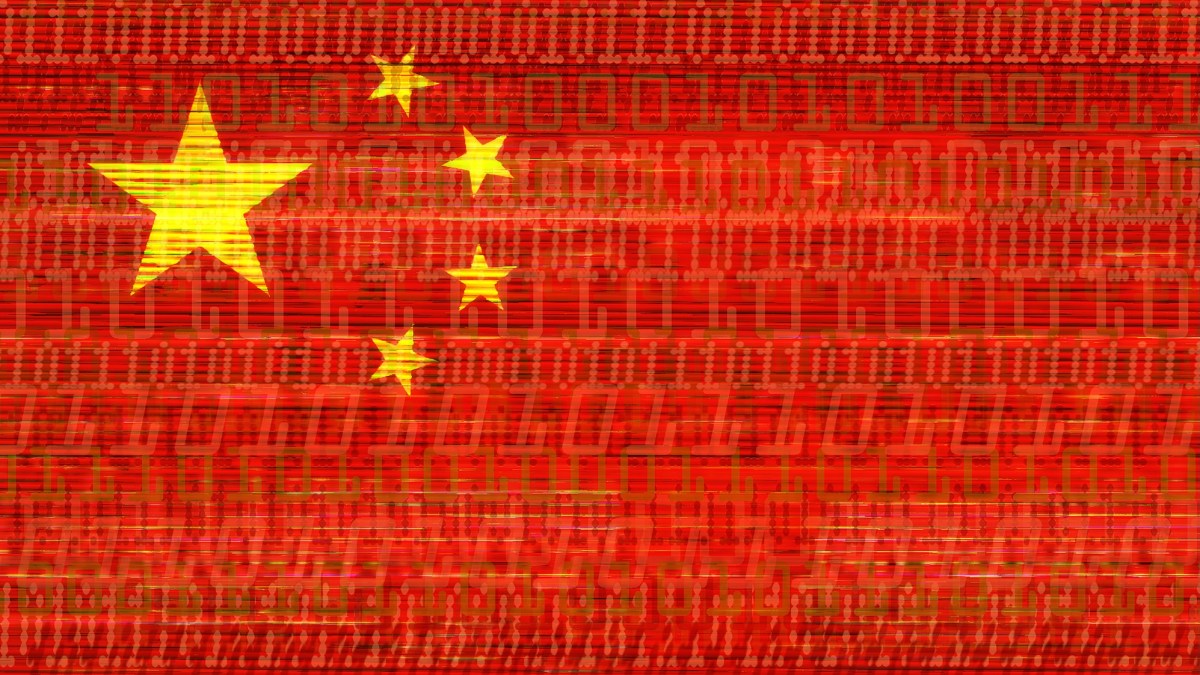

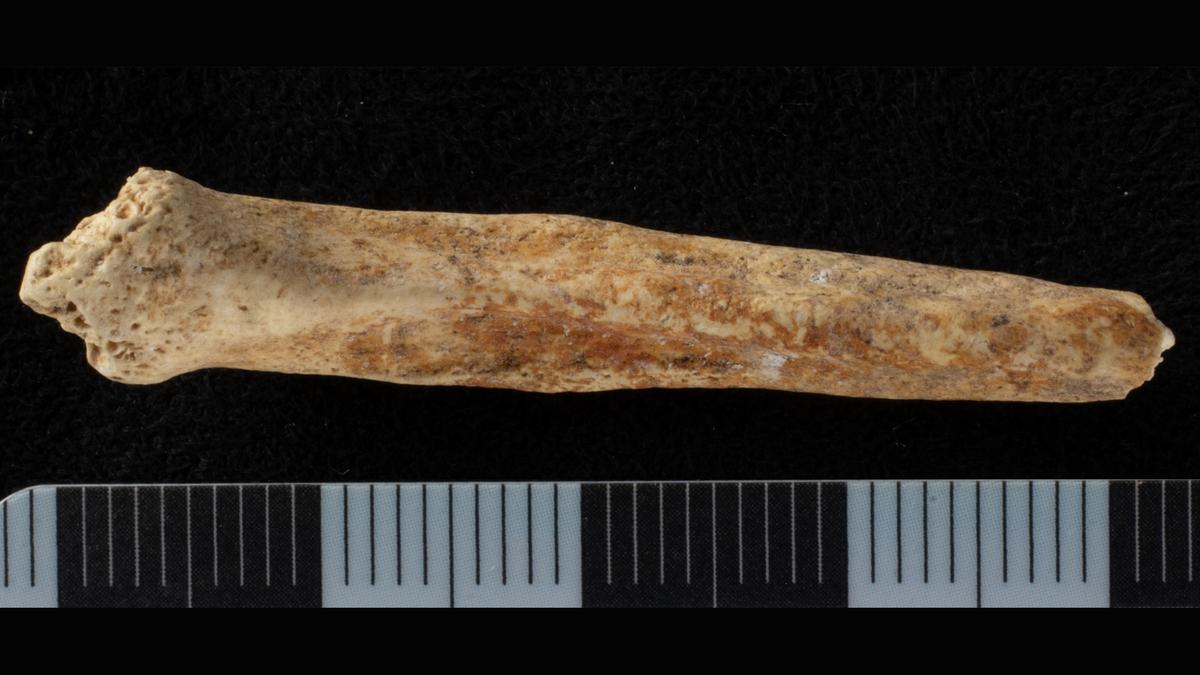




Leave a Comment